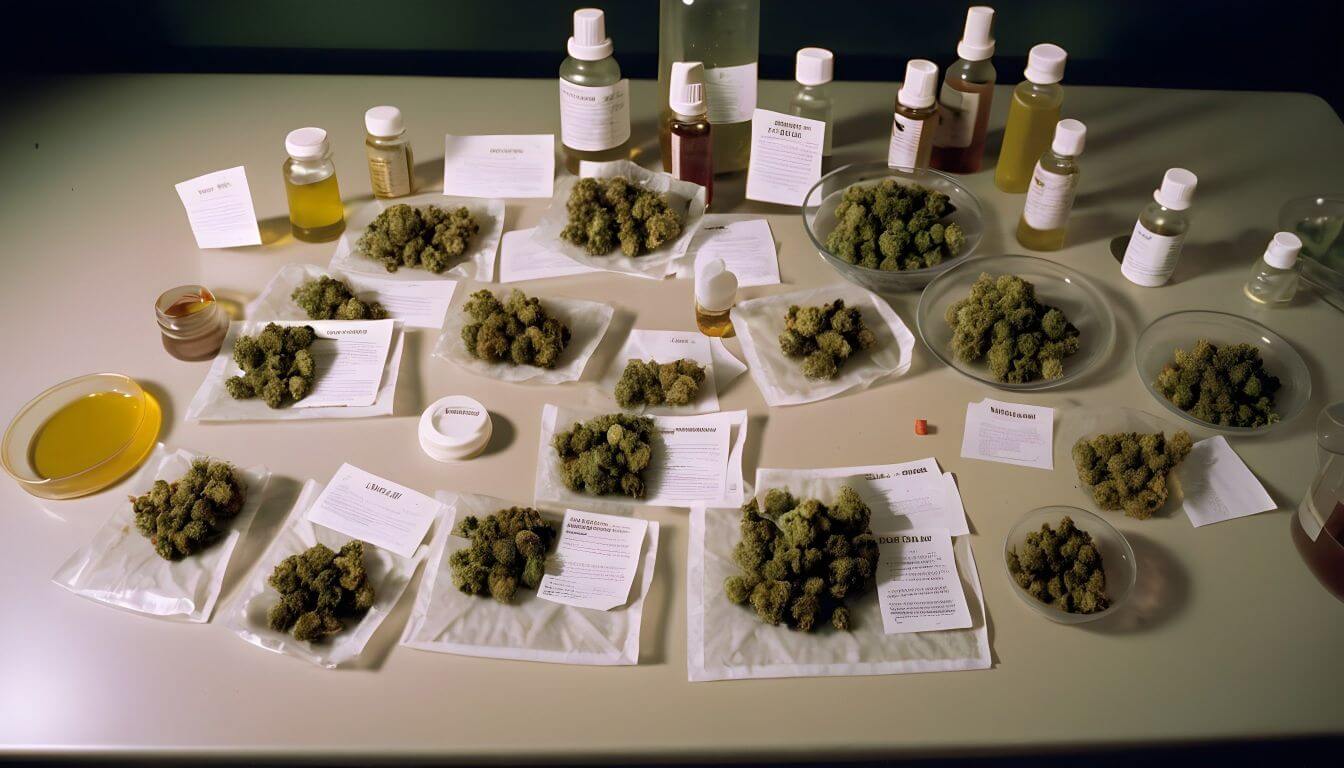Accurate labeling of medical marijuana (MMJ) products is essential not just for maintaining transparency and trust between consumers and dispensaries but also for ensuring patient safety. The concentration of Tetrahydrocannabinol (THC) – the primary psychoactive compound present in marijuana – plays a crucial role in determining the dosage required by patients, as well as the efficacy of the product in relieving particular symptoms.
Furthermore, mislabeling can lead to unnecessary health risks such as accidental overconsumption or under-dosing. Inaccurate THC levels on labels also hamper the ability of researchers and healthcare providers to provide evidence-based recommendations concerning MMJ usage.
Evaluating Accuracy of THC Labels at Oklahoma MMJ Dispensaries
Concerned about the potential implications of inaccurate THC labeling, Jeffery Havard and his team at licensed lab Havard Industries decided to conduct a study investigating this issue. They procured 15 samples from three MMJ dispensaries in Oklahoma and subjected them to an intensive testing process.
The study’s shocking results revealed that all 15 samples contained less THC than what was indicated on their package. This alarming finding was reported by Oklahoma City TV station KFOR, highlighting the need for better regulation of MMJ products’ quality control processes and improved accuracy in labeling practices.
Need for Stringent Standards and Regulations
As the legal cannabis industry continues to expand across the United States, it has become apparent that there is a significant gap in the implementation of stringent regulation and oversight that governs other industries within the country.
Unfortunately, the current standardization practices are insufficient for maintaining consistency in product quality and safety. Different states have different guidelines and tolerance limits to determine a product’s THC and CBD levels. This lack of consistency complicates matters for companies trying to ensure their products meet consumer expectations.
To address these issues, authoritative bodies such as the Food and Drug Administration (FDA) or individual state agencies must urgently step in and create regulatory frameworks that enforce stricter quality control standards for MMJ products. This would include establishing mandatory laboratory testing protocols and better surveillance of labeling practices to prevent instances like those that Havard and his team uncovered.
The Role of Laboratories
Accurate testing of MMJ products can be challenging due to the complexity of the plant’s chemical composition and the various methods for extracting and consuming cannabinoids such as THC. However, dedicated and credible laboratories play a vital role in ensuring quality control and confirming the accuracy of product labels.
These labs should adhere to strict guidelines and best practices concerning sample handling, extraction procedures, calibration systems, and reporting processes. In addition, they should regularly audit their performance and participate in proficiency testing programs overseen by third-party organizations. Employing certified technicians and using state-of-the-art equipment will ensure that results obtained from these labs are reliable and accurately represent the product tested.
Promoting Transparency and Trust in the Cannabis Industry
As the legal cannabis market matures and becomes more mainstream, it has become imperative for stakeholders – including dispensaries, manufacturers, and regulators – to work together toward implementing higher-quality standards to maintain consumer trust.
To achieve this, companies must prioritize accurate and transparent labeling of their MMJ products. This includes ensuring that all relevant information – including THC concentration, ingredients list, and traceability data – is clearly indicated on package labels. Third-party lab testing should also be conducted to verify the potency and quality of the product, and these test results should be easily accessible to consumers.
Finally, a concerted effort must be made to raise awareness among both patients and healthcare providers about the importance of proper labeling and accurate THC levels in MMJ products. Ultimately, it is only through transparent collaboration and mutual responsibility that the cannabis industry will continue to flourish and serve the needs of its growing patient base.





